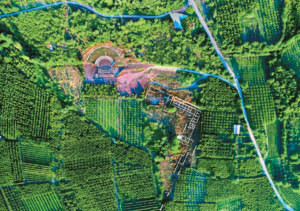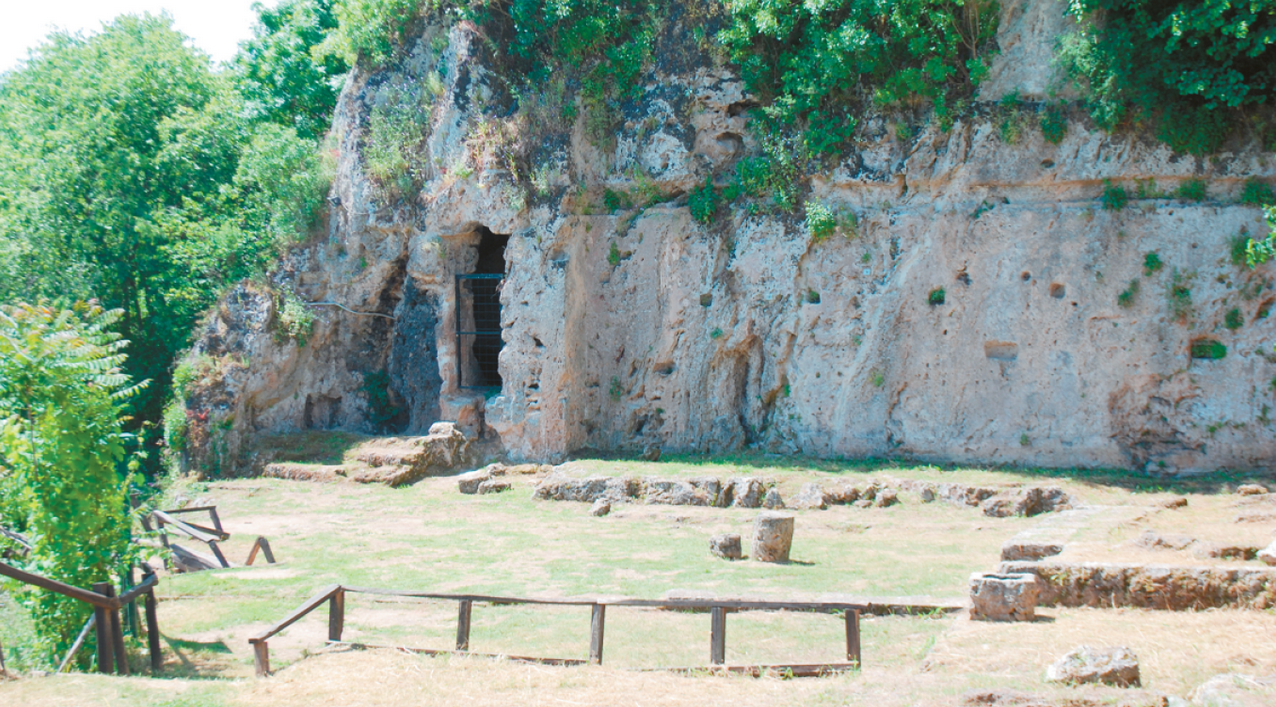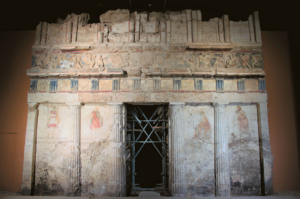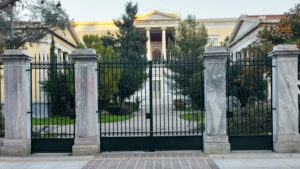
Climate change: This January was the warmest on record, Copernicus announced
The renowned School of Aristotle, which taught these great figures, would not be small in size and accommodated, as was previously considered, in Nymphaeum, that is, the oldest Sanctuary of the Nymphs. Although only a part of the vast complex has been revealed so far, when the entire site is uncovered, she believes that Imathia will gain a very significant landmark that demonstrates the power and greatness of the Macedonian kings.
“Plutarch, Claudius Ptolemy mention Mieza, while references are made to the Oracle of Delphi and the Sanctuary of Leukopetra in Veria,” Mrs. Kottaridi emphasized during the presentation of this significant work in progress. Its history begins a millennium before Christ while the first excavations took place in the 19th century. Additionally, in Mieza, as the archaeologist informs us, a plaque of sale has been found bearing the name of the priest of Asclepius, as King Philip used to do – another indication that it is a place directly connected with him. Similar indications are provided by the tombs found in the area, which testify that the place was outside the city, as was typically the case with the Gymnasiums, and that it had the grandeur befitting a royal space.
Ask me anything
Explore related questions






